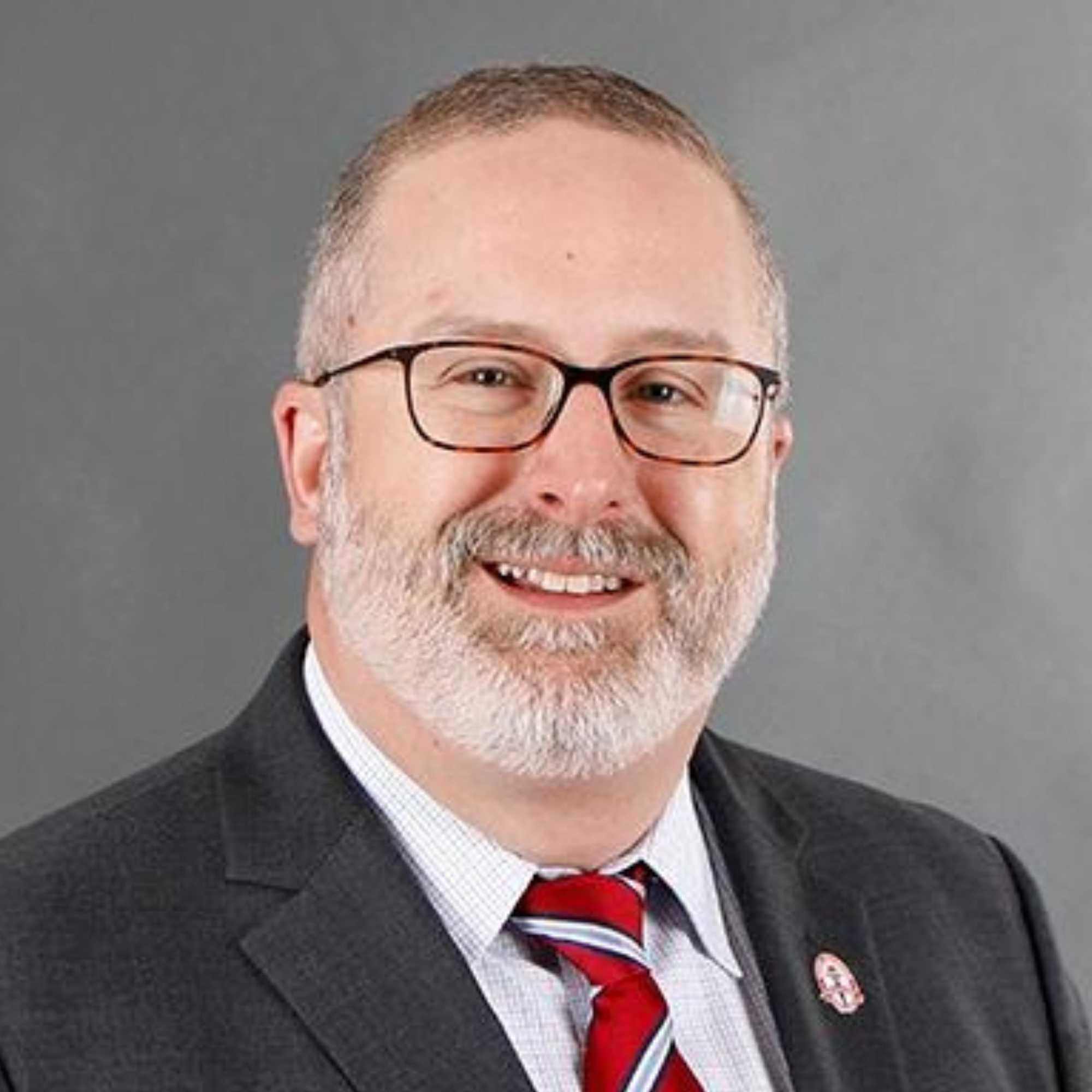The Presbyterian Church (USA) is shuttering its foreign mission work. Nearly all its missionaries have been terminated. The stated reasons for this move include a drop in the missionary force over the past 15 years and the financial repercussions of ongoing membership decline.
It is undoubtedly true that membership losses and financial struggles played a crucial role in this decision, but this is hardly the whole story. If anything, these issues are the nail in the proverbial coffin. Like other mainline Protestant denominations, the PCUSA has been declining for decades. The roots of that decline are ultimately theological, not financial. Furthermore, liberal Presbyterian decline is not a recent phenomenon but has its roots in a controversy that began a century ago.
In the 1920s and 1930s, American Protestants endured a number of denominational disputes that collectively came to be called the Fundamentalist-Modernist Controversy. In each instance, theological liberals gradually gained control over denominational institutions and leading pulpits. Those liberals, the “modernists,” promoted an updated vision of Christianity that they believed better suited the concerns of the modern world. They called for the redefinition of older ideas like biblical inspiration, human sinfulness, the person and work of Christ, and salvation.
As modernists gained power, theological conservatives resisted the promulgation of liberal theology and its implications. These conservative dissenters came to be called “fundamentalists” because they contended for the fundamentals of biblical Christianity. The world didn’t need some revised version of the faith that tickled the ears of modern man. Rather, people still needed to hear that the Bible is an authoritative and truthful revelation from God, that all people are sinners, that Jesus is fully God and fully man, that He died for our sins and rose again on the third day, and that there is no salvation found outside of faith in Jesus.
The two major fronts in the Fundamentalist-Modernist Controversy were theological seminaries and foreign mission agencies, and they were closely connected. Seminaries educate future pastors and missionaries, so they necessarily shape how emerging church leaders think about the Bible, human nature, the gospel, and the Great Commission. Liberal pastors educated in modernist seminaries increasingly preached a social gospel that emphasized progressive social ethics and minimized the reality of personal sin and the need for salvation. Liberal missionaries focused their efforts on education, medical services, and economic development, often to the exclusion of evangelism and church planting.
Click Here to Read More (Originally Published at World Magazine)
Nathan is a professor of faith and culture and directs the Institute for Faith and Culture at North Greenville University in Tigerville, S.C. He is the senior fellow for religious liberty for the Ethics and Religious Liberty Commission, is a senior fellow for the Land Center for Cultural Engagement, and is a senior editor for Integration: A Journal of Faith and Learning. He also serves as teaching pastor at the First Baptist Church of Taylors, S.C.

